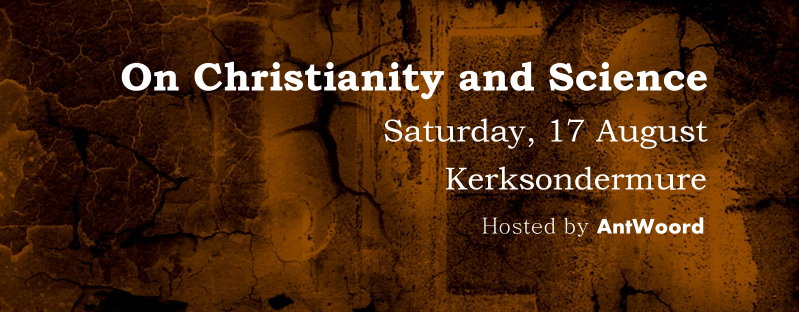Download In the Shortest Possible Time (John Gilchrist). Modern science has discovered that the universe is 13.7 billion years old. Contrary to questions among Christians as to why God would take so long to come to the ultimate purpose of his creation, namely man made in the image of God, we will see that he actually moved resolutely to fulfill his purposes within the shortest time possible. Find out why he chose this planet rather than any other for this purpose.
Download Reconciling an evolving universe with Evangelical Christianity (Mike Jarvis). Some have suggested that scientific evidence, for how our universe has evolved over billions of years from its Big Bang creation, conflicts with biblical revelation and with the fundamentals of Evangelical Christianity. The perceived conflict has led many Christians to fight against some major discoveries of mainstream science. My presentation details how a complete reconciliation is possible. It is urgently needed in our scientific and technological generation.
Download Answering the Scientific Objections of Popular Atheism (Richard Howe). Arguments such as, 1) Christianity has always stood against the advances of science, 2) Christianity has reacted against science because science has displaced man from the center of the universe, 3) The Bible was written by the same people who said the earth was flat, 4) Most scientists are atheists therefore the belief in God is not scientific, 5) Virtual particles prove that is it possible for something to come into existence uncaused out of nothing, therefore the universe could have come into existence uncaused out of nothing, 6) As the maker of the biological complexity of the world, God Himself must be no less complex and therefore would Himself need a causal explanation.
Download Why the (natural and social) sciences are not “exact” (Danie Strauss). The idea of an objective and neutral science is generated by a philosophical school of thought, namely positivism. Its assumptions flow from a peculiar view of reality which is expressed in a distinct theoretical framework (paradigm). Alternative theoretical frameworks lead to different, oftentimes opposing or mutually exclusive orientations. This presentation will argue that a particular theoretical orientation, directed by an ultimate commitment, explains why there are even within the natural sciences different schools of thought. The examples given from the disciplines of mathematics, physics and biology will serve the purpose of illustrating how ultimate commitments and theoretical paradigms permeate scholarly activities.
Who are the speakers?

